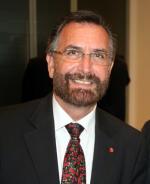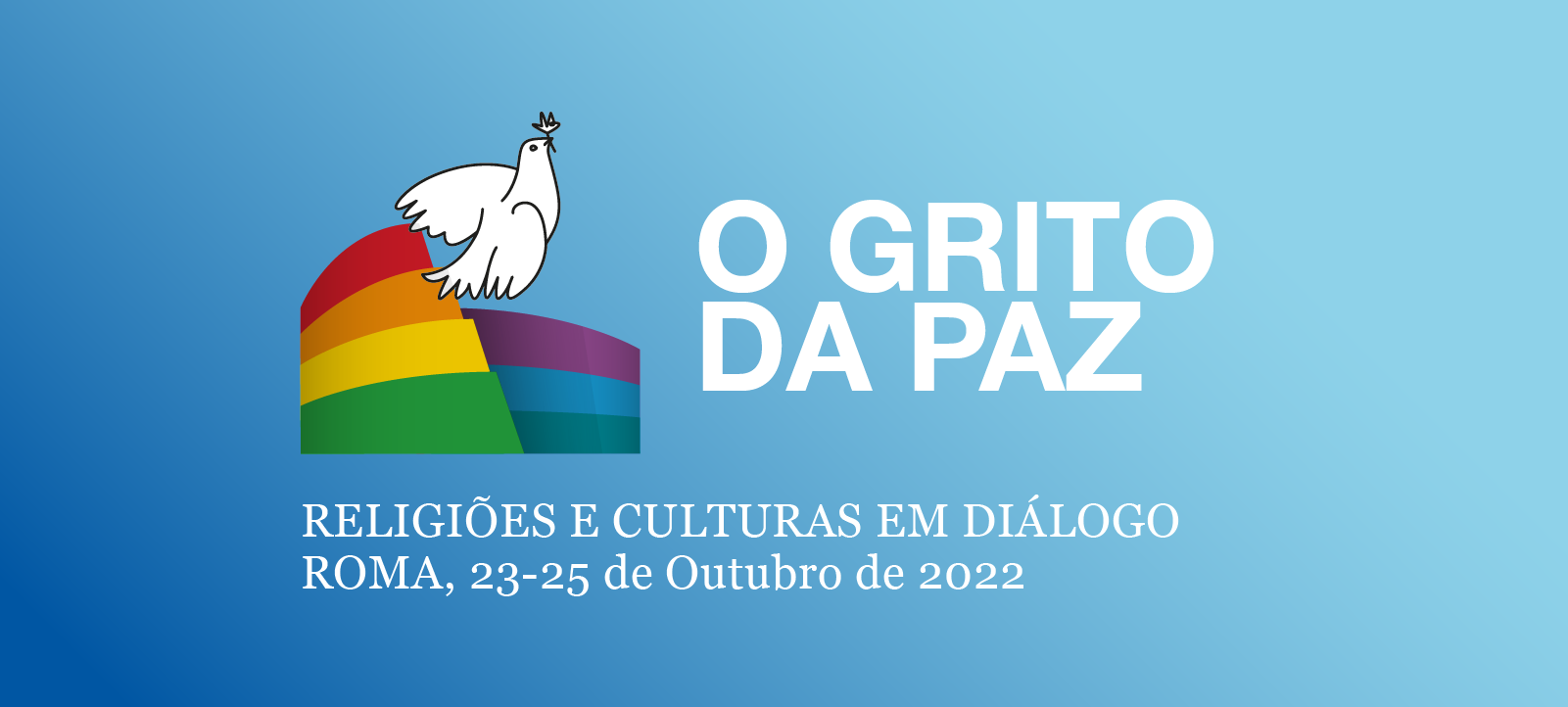
David Rosen
Rabbi, Special Advisor to the Abrahamic Family House (AFH) in Abu Dhabi, Israelbiografia
The challenges for coexistence in the Mediterranean today naturally vary according to context.
In the northern Mediterranean, primarily immigrant Muslim communities have to contend with the new reality of living in a secular society, or one which is overwhelmingly culturally Christian (even if this very often means little in the sense of belief and practice.) Whereas in the southern Mediterranean, the challenge of coexistence essentially confronts non-Muslims in Muslim lands.
What they do have in common is the challenge - which of course is a challenge for societies throughout our planet – of overcoming exclusivist self-perceptions and bigotry towards those who are not members of one’s own community.
It seems to me that there are two main challenges, the first of which is to live authentically in the spirit of the man whom Islam, Christianity and Judaism see as their common ancestor - Abraham or Ibrahim.
In our traditions , Abraham is presented as the embodiment of hospitality.
In Genesis Chapter 18 he is presented as sitting at the entrance to his tent ready for any wayfarer to offer hospitality. Indeed according to Jewish tradition, Abraham’s tent always had its flaps raised on all four sides during the day, so that no wayfarer would pass by without being invited to enjoy hospitality.
In the Biblical narrative, he sees three men(whom he subsequently discovers to be Divine messengers) and hurries over to offer them refreshment.
The first of these messengers announces the pending birth of his son and heir; and the other two go on to Sodom to save Lot and his family from the pending destruction that Sodom and its environs have brought upon themselves as a result of their evil and wickedness. And chapter 19 begins “and the two angels came to Sodom.”
A hassidic master asked “why are the messengers referred to here as angels, but with Abraham they are only referred to as “men”. And he answers, because Abraham did not need to be told that they were angels, because Abraham saw the angel in every person.
That seems to be me to be the biggest challenge for co-existence, especially in times of economic recession and political instability – namely, to be able to see every person in society as someone who is created in the Divine Image and to respect each person’s dignity and individuality.
However, there is also the challenge pf ensuring that our respective theological traditions make space for the other. This is perhaps less of a challenge where religion is not in practice, the dominant ethos. But where religion is indeed the major cultural factor in determining people’s behavior , the importance of ensuring that the dignity of each individual is respected even when they are not part of the dominant ethos, is key to ensuring positive and creative co-existence.
A number of significant initiatives in this regard have come out of the Muslim world in recent years, and I presume to take special note of the work of Sheikh Abdullah Bin Bayyah and the Forum for the Promotion of Peace based in Abu Dhabi.
Two very significant documents in particular have been issued by this Forum. The one is the Marrakech Declaration that was issued in 2016 at the conclusion of a conference in Marrakech under the auspices of King Mohamed VI of Morocco and based on the Prophet Muhammad’s Charter of Medina ; and the second is the New Alliance of shared Virtues promulgated at the end of 2019 . Both documents root themselves in Islamic tradition, but highlight the most expansive and inclusive values that affirming respect and protection of full citizenship for non-Muslims in Muslim lands, and guaranteeing their human rights accordingly. Such enlightenment and education are of course of critical importance.
However, at the bottom line, positive and creative multiculturalism requires the essential respectful human encounter that Abraham’s hospitality personified.
I would like to conclude with two verses. The first is from the Hebrew Bible, from the prophet Malachi who envisions a harmonious time when “they who revered the Lord spoke with one another , and the Lord heard and listened and wrote it down in a book before him of those who revere the Lord and consider His Name.”,
The other quote is taken from the Quran
“O humankind, we have created you from a single couple and made you into tribes and nations so that you may know one another.”
We may ask regarding Malachi, what is so noteworthy in speaking to one another that the Lord inscribes those who do so in a special book ?
And we may ask regarding the statement in the Quran, why is it so important to know one another ?
The answer of course is that when we do not know one another, we fall victims to all kinds of negative prejudice and even hostility. To live in peace and harmony with one another, requires us to know one another. Similarly, when we do not talk together, we are vulnerable to all kinds of misunderstandings and misperceptions. True dialogue, which means talking with one another and not at one another) enables us to know and understand one another. The Mediterranean poses a unique challenge and opportunity for us to be able to live and embody these value and ideals of all of our religions which are so uniquely connected to this past of the world.
